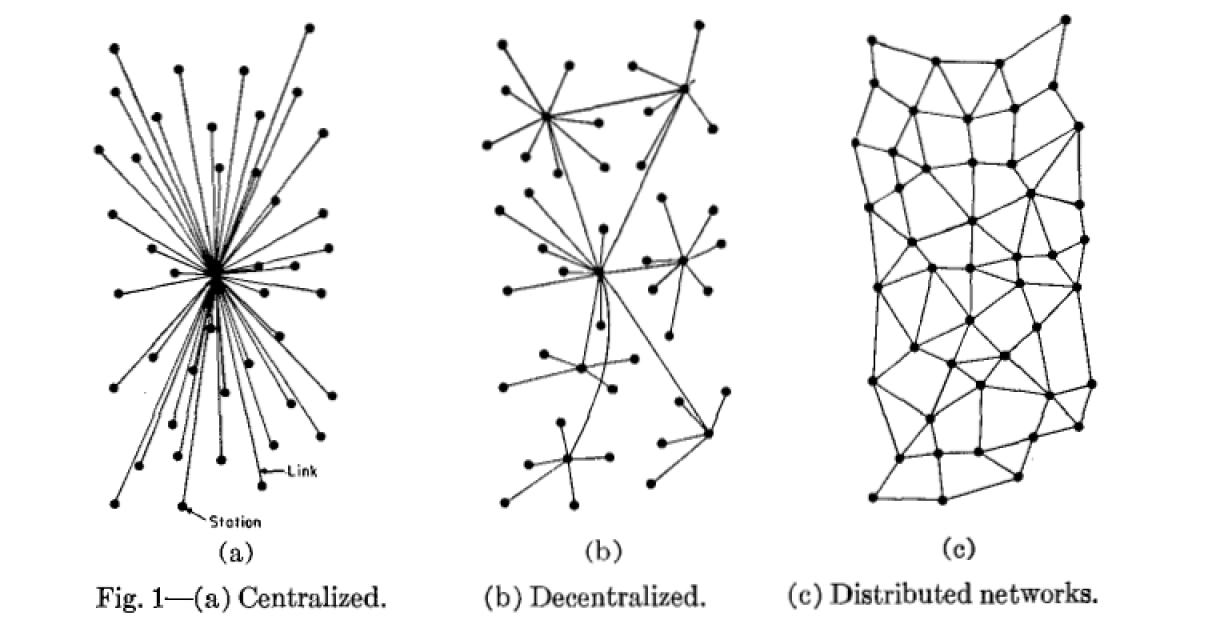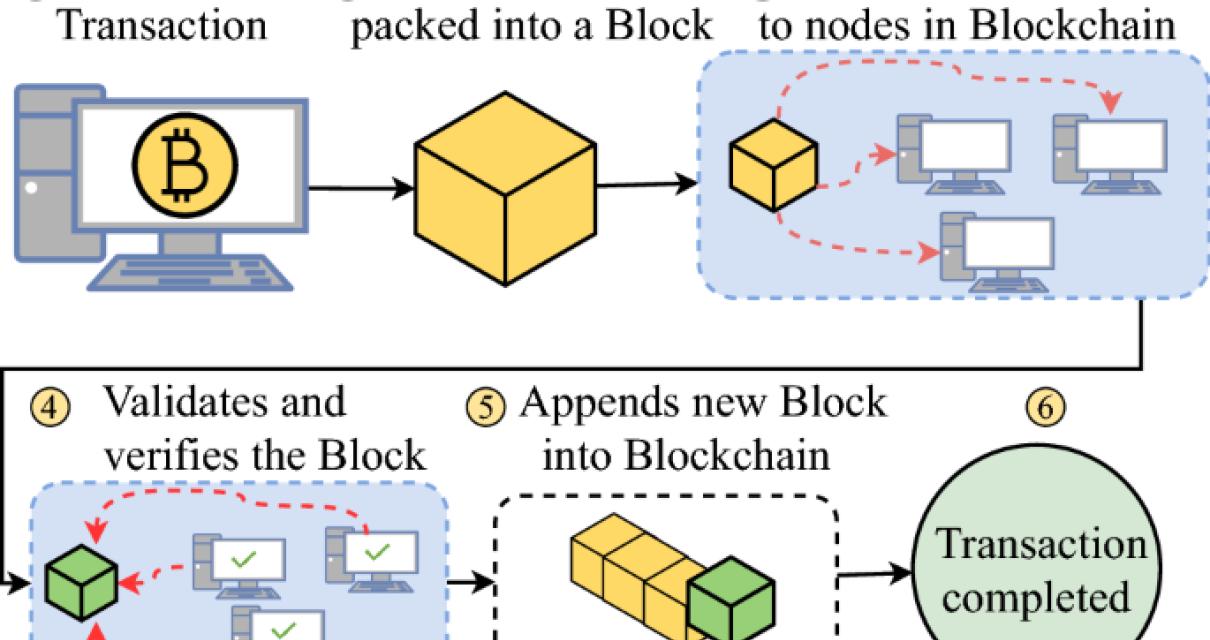Understanding Decentralization in Blockchain
Decentralization in Blockchain refers to the distribution of power and ownership of data across a network of nodes. In a decentralized network, no single entity or authority controls the data or the network. This makes it immune to censorship and allows for more democratic and egalitarian methods of data sharing.
Blockchain is an innovative platform that can be used to create decentralized applications (DApps). A DApp is a type of application that runs on a blockchain network. DApps are built using blockchain technology to allow for secure and tamper-resistant transactions.
Decentralized applications are powered by blockchain technology and use its distributed ledger to record transactions. This allows for trustless transactions between users and eliminates the need for a third party to process transactions.
Decentralization in Blockchain also allows for more secure and efficient transactions. Transactions are verified and recorded on the blockchain network using cryptography, which makes it difficult for anyone to tamper with the data. This makes it an ideal platform for applications that require high levels of security.
The decentralized nature of blockchain also makes it difficult for any single entity to control the network. This makes it resistant to censorship and allows for free and open communication between users.
Finally, decentralization in Blockchain allows for more democratic methods of data sharing. Because no single entity controls the data, users can share information freely without fear of retribution. This makes it an ideal platform for applications that require open and transparent data.
The Benefits of Decentralization in Blockchain
There are many benefits to decentralization in blockchain technology. The most obvious benefit is that it allows for a greater degree of trust and security than is possible with centralized systems. Decentralization also makes it difficult for any one entity to control or manipulate the system, which is a key advantage in a digital age where cybercrime and data breaches are becoming more common.
Another important benefit of decentralization is that it allows for more efficient and flexible systems. Because there is no central authority to manage transactions, blockchain systems can be more efficient and responsive than systems that rely on a central database. This is especially important in cases where there are a large number of participants in the system, as is the case with blockchain-based applications.
Finally, decentralization is a key part of the ethos of blockchain technology. This is because blockchain is based on the principle that all participants in the system should have an equal say in how it operates. This is in contrast to systems that are based on a centralized model, in which a small number of officials control the system.

The Drawbacks of Decentralization in Blockchain
The main drawbacks of decentralization in blockchain are the lack of a central authority to manage and regulate the network, as well as the potential for a lack of security and fraud.
Decentralization also creates a more complex and difficult to use network compared to centralized systems, which can lead to a higher barrier to entry for new participants. Additionally, if one party controls a large portion of the decentralized network, they could manipulate the data or operations in order to benefit themselves.
Finally, decentralization can also lead to a lack of transparency and trust in the network, as it is harder to track down who is responsible for any malfunctions or issues.

The Future of Decentralization in Blockchain
There is no doubt that decentralization is one of the key trends in blockchain. As the technology matures and becomes more widely adopted, it will become easier and more cost-effective for organizations to adopt a decentralized model.
There are a number of reasons why decentralization is so important. First, it gives individuals more control over their data. Second, it allows for more efficient and secure transactions. And finally, it removes the need for third-party intermediaries, which can be costly and difficult to trust.
As decentralization continues to grow in popularity, it is likely that we will see more organizations adopt a blockchain model. This will create opportunities for developers and entrepreneurs to develop new applications and services that use decentralization to improve the user experience.
HowDecentralizationinBlockchainCanWorkforYou
Decentralization in blockchain can work for you in a few ways. First, decentralization allows for a more democratic system, as all participants have a say in how the network is operated. In addition, decentralization allows for greater security and privacy, as data is not stored on a single server. Finally, decentralization makes it difficult for one party to control the network or manipulate the data.
What is Decentralization in Blockchain Technology?
Decentralization in blockchain technology refers to the distributed nature of the technology. This means that the network is not controlled by a single entity, but is made up of multiple nodes that are spread across the globe. This allows for greater security and transparency because the network is not susceptible to attack or manipulation.

Why Decentralization Matters for Blockchain
In the context of blockchains, decentralization is a system in which there is no central authority or management. Decentralized systems are often more secure and efficient because there is no single point of failure. Additionally, they are more democratic because anyone can access and use the system.
The advantages of decentralized systems are clear. However, one of the key challenges is how to build a decentralized system that is effective and efficient. One way to overcome this challenge is to use blockchain technology.
Blockchain is a distributed ledger system that uses cryptography to secure data and to prevent tampering. It is designed to be immutable and transparent, which makes it an ideal platform for decentralized systems.
The main benefit of using blockchain technology is that it allows for a more secure and efficient system. It also allows for greater transparency and trust because everyone can see the transactions. This allows for more democratic systems because anyone can participate.
Overall, decentralization is an important factor when it comes to blockchain technology. It allows for a more secure and efficient system, which is critical for any platform.
What Does Decentralization Mean for Blockchain?
There is no one answer to this question as decentralization can mean different things to different people. However, in general, decentralization means that the control of a system or network is distributed among many different parties or entities. This can be beneficial because it allows for greater flexibility and scalability. Additionally, it can help to ensure that the system is more democratic and accessible.